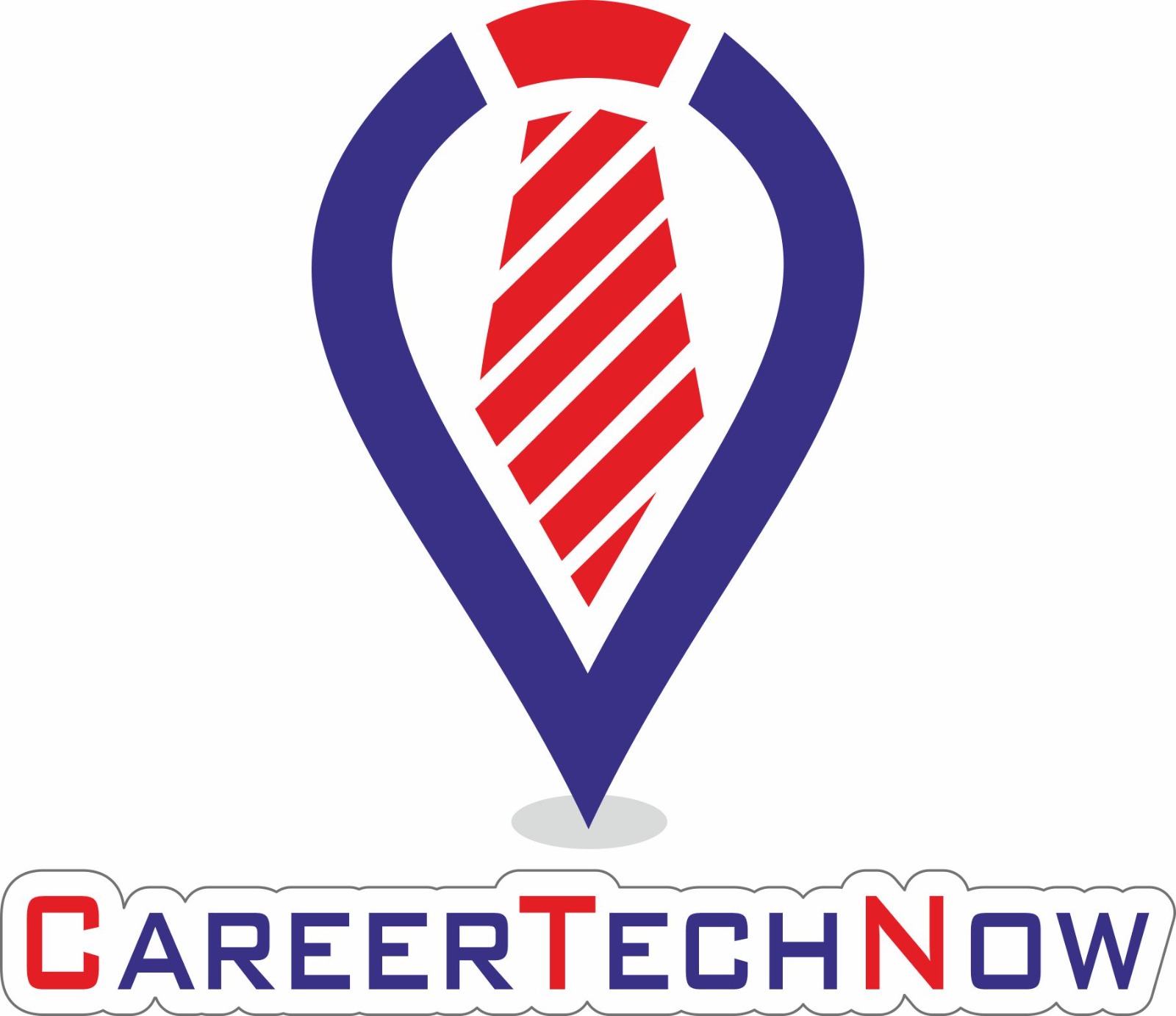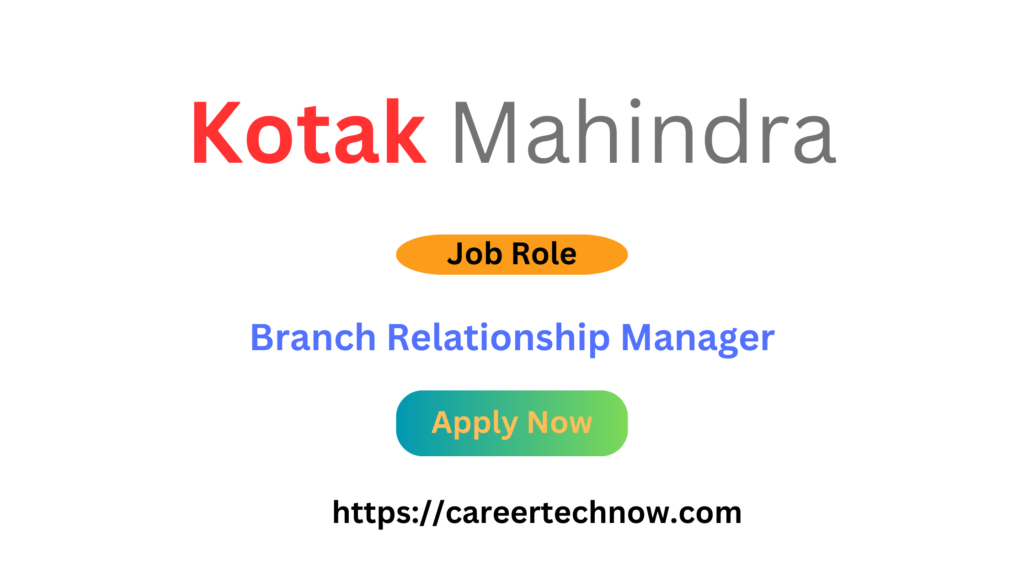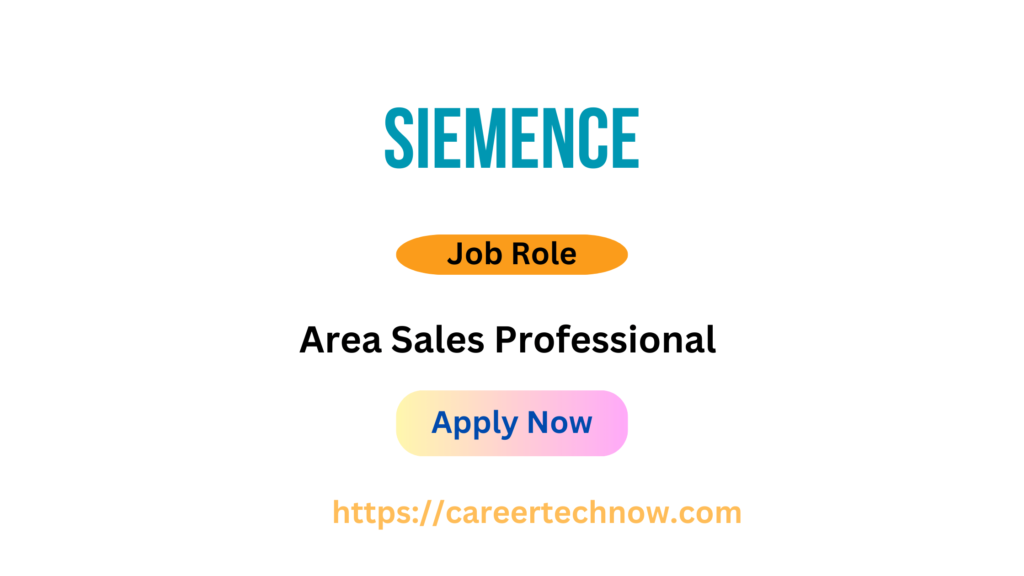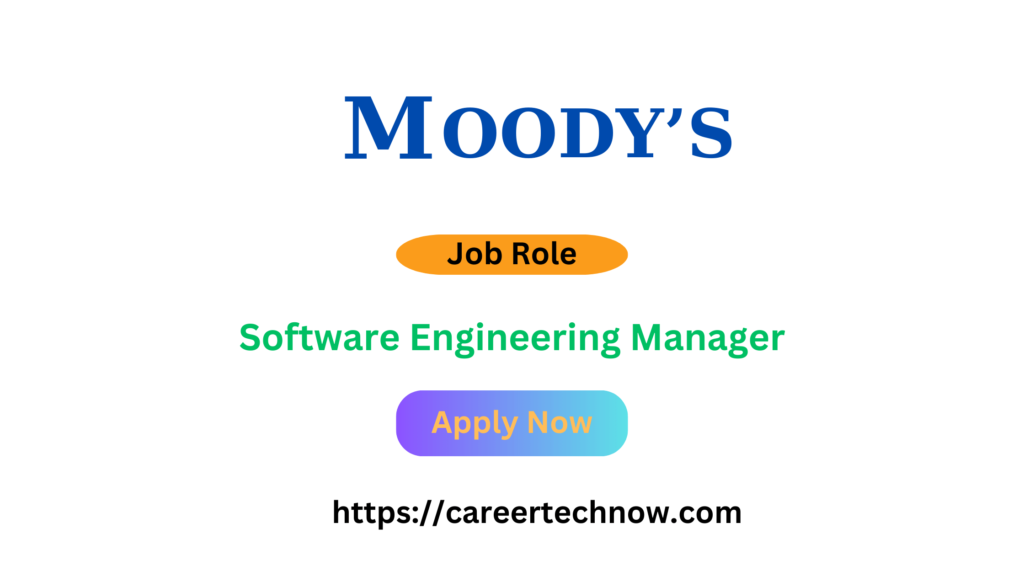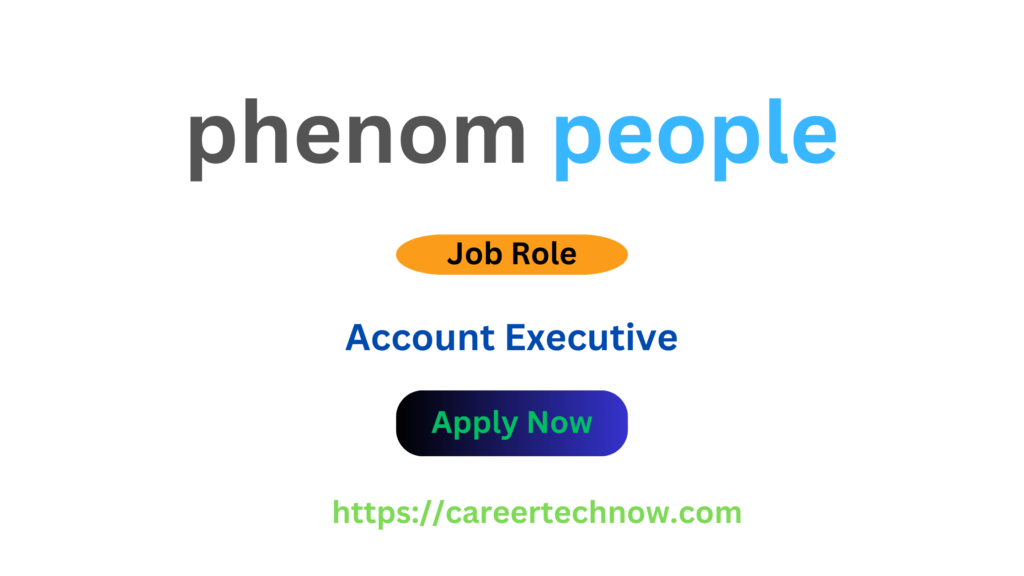Acko is Hiring Lead Software Engineer – Data Platform
Table of Contents
Embarking on the role of Lead Engineer entails a multifaceted array of responsibilities. From conceptualizing and crafting intricate solutions to nurturing and guiding fellow team members, the Lead Engineer serves as a beacon of expertise and leadership. Within this role, you’ll delve into a diverse technological landscape encompassing Java, Postgres, Python, SQL, Bigquery, Kubernetes, Kafka, Spark, Beam, and more. The focal point remains the development of robust, meticulously tested software components engineered to tackle real-world challenges head-on.
Expect an environment pulsating with dynamism and agility, where each day presents new opportunities to innovate and deliver impactful solutions. As a Lead Engineer, you’ll be at the forefront of sculpting the organization’s platform and architectural framework, contributing to its evolution and growth trajectory. Join us on this exhilarating journey where excellence is not just a goal but a way of life.
Job Role and Responsibility
- Design and implement Data Platform components
- Be a technical mentor – unblock team members, have design sessions, implement best practices, support team members for technical growth, debug system issues
- Ability to read, understand, integrate and maintain Open-source software in the stack
- Quantify and monitor platform health, provide on-call support, and evolve to a fully automated system
- Collaborate within and outside the team to ensure engineering cohesiveness and consistency
- Participate in org tech events and publish tech blogs or articles
Skills Required that will help succeed
- Experience level of 6-10 years in fairly complex or large-scale platforms
- Ability to work alone to build end-to-end components
- Previously, technically led a team size of 5 or more
- Strong problem-solving skills, design or architecture skills, and computer science fundamentals
- Strong hands-on and practical working experience with some high-level programming language(s), with a high focus on LLD & HLD
- Excellent coding skills – should be able to fluently convert the design into code (Java or Python or Go)
- Strong debugging skills, using logs and other monitoring systems
- Enthusiasm to ideate and build incredible software platforms and apps
- B.E. / B. Tech / M.Tech in Computer Science or equivalent
- Experience building a data platform
- Contribution to Open-source software
- Data modelling experience
- Experience with large-scale databases
- like, Clickhouse, Bigquery, Druid
- Hands-on experience in using cloud infra – like Google Cloud Platform
Recruitment Details
| Company Name | Acko |
| Company Website | https://www.acko.com |
| Job Role | Lead Software Engineer – Data Platform |
| Job qualification | BACHELOR OF ENGINEERING |
| Work Experience | 10 years |
| Salary | Best of Industry |
| Job Location | Bangalore |
What does a Lead Software Engineer – Data Platform at Acko do?
A Lead Software Engineer – Data Platform at Acko is responsible for leading the development and maintenance of the company’s data platform, which includes designing, implementing, and optimizing data pipelines, databases, and analytical systems.
What are the primary responsibilities of this role?
Primary responsibilities may include leading a team of engineers to design and build scalable data solutions, collaborating with cross-functional teams to understand data requirements, ensuring data quality and integrity, and driving innovation in data processing and analytics.
What skills are important for success in this role?
Important skills include strong leadership and mentorship abilities, expertise in data modeling and database design, proficiency in data warehousing and ETL processes, familiarity with big data technologies and distributed computing, and excellent problem-solving and communication skills.
How does one apply for a position as a Lead Software Engineer – Data Platform at Acko in Bangalore?
Interested candidates can usually apply through the Acko careers website or other job posting platforms. The application process typically involves submitting a resume, cover letter, and possibly completing technical interviews with hiring managers and data engineering leaders.
